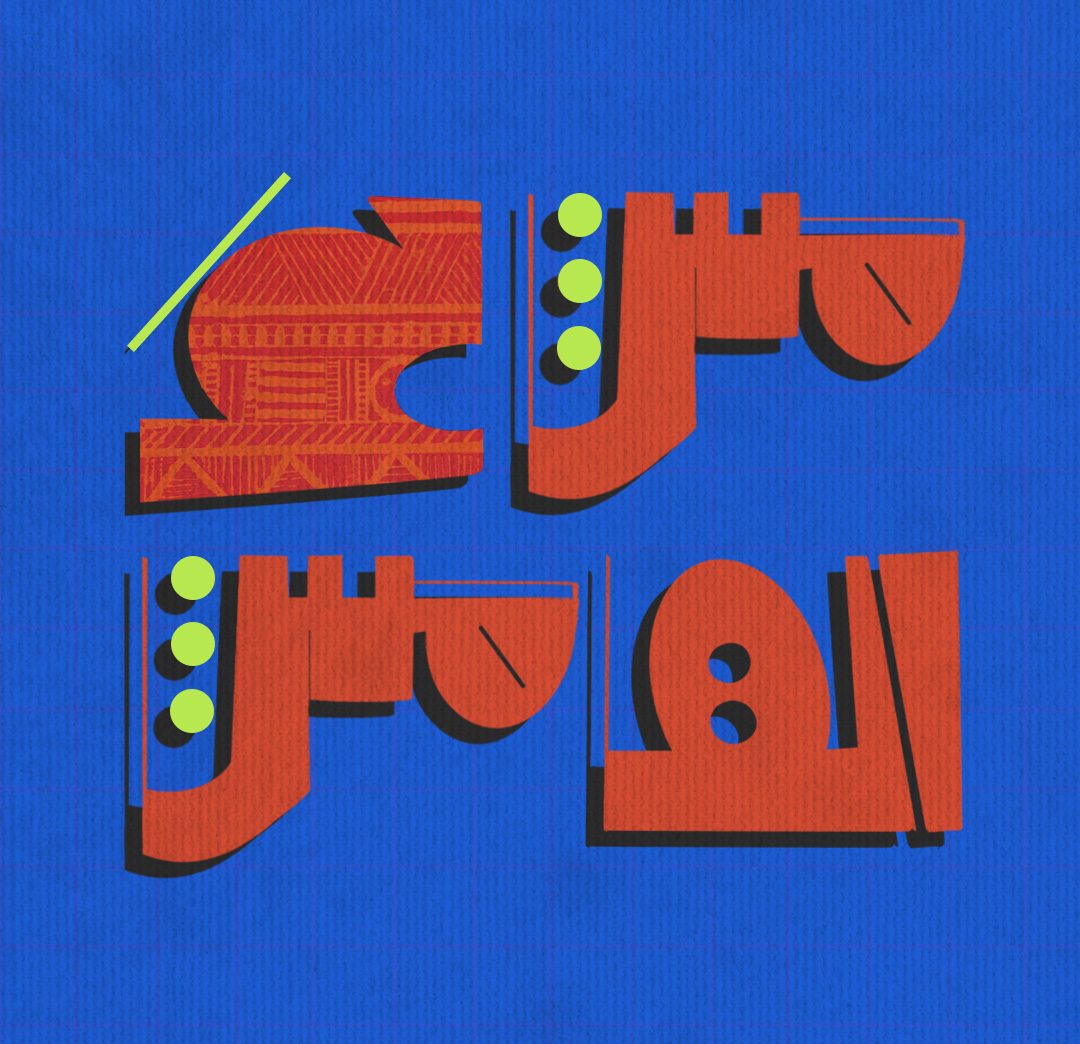
This report comes as part of the "Not on the Margins" project, which sheds light on freedoms, and sexual and reproductive health and rights in Lebanon
A year ago, Lamar Elias, 42, underwent artificial insemination in an attempt to conceive her first child. The Lebanese woman suffered a lot due to the lack of "fresh dollars" – a Lebanese term referring to dollar bills that have been recently transferred to the country. When she agreed with the doctor, the amount required for the operation alone was $1,005, plus about $2,000 for treatments, based on a dollar rate of 40,000 Lebanese pounds at the time.
At the time of the operation, the price of the dollar suddenly rose to 50,000 Lebanese pounds and she found herself having to borrow an additional $1,000, something she had not been prepared for. In the end, the operation, which marked her fourth attempt over 17 years to become a mother in three different specialized medical centers at the hands of the most famous doctors in Lebanon, did not succeed.
Once every four years on average, the Lebanese woman would collect all the money she had saved for an artificial insemination procedure, which doctors have unanimously agreed was her only chance to conceive, which cost around $4,000 each, she says. She assures Raseef22 that if she had the money, she would repeat the process much more frequently and in shorter periods to achieve her dream of becoming a mother.
She says, "If they cost less, instead of the 4 attempts I’ve done, I would have done it 10 times already... There isn’t a woman who doesn’t wish to be a mother." All this, despite acknowledging that the operation is "extremely financially and psychologically costly" in terms of feeling pressure, anxiety waiting for the outcome, and very sad and frustrated when it fails.
For now, Lamar says she will not be able to do it again – at least in the short term – for economic reasons, while acknowledging that her chances of becoming a mother greatly decrease as she reaches the age of forty, a fact that has been scientifically proven.
"If it costs less, I would've done it 10 times already”.. As Lebanese have been forced to give up the right to have children due to the stifling economic crisis, others who dream of becoming parents are prevented by the high cost of IVF and the dollar crisis
Artificial insemination and the dollar crises
In-vitro fertilization (IVF) is the process of fertilizing an egg outside the uterus (in a vitro tube) where an egg is taken from the ovary, fertilized with sperm in the laboratory, and then implanted in the woman's uterus. This method was invented in Britain in 1978.
This technique is used for insemination outside the womb if the couple has fertility problems or health barriers that prevent pregnancy to occur naturally. It can also be used if the parents want to pre-determine the gender of the fetus or avoid certain genetic diseases that one of the parents has.
The stifling economic crisis has forced many Lebanese men and women to postpone or refrain from having children, temporarily or permanently, in light of concerns about the ability to raise a healthy and safe child. The decision to have children has become a "risky and reckless" thing to do most times.
However, childbearing remains a human right and facilitating it – including facilitating it for those with health problems that require artificial insemination – is a duty of the state and its relevant institutions.
Speaking to Raseef22, Dr. Ziad Massaad, Director of IVF Lebanon and a specialist in assisted pregnancy and artificial insemination, says, "The costs have increased by 20%, but we have not increased the cost for patients. We still get the same amount as before. We try to help the patients who live in Lebanon, and give them 20-30% discounts."
"Our work has decreased 40-50% compared to before 2019”.. The economic crisis in Lebanon raises fears of IVF centers closing and their medical staff emigrating abroad in light of the low demand due to their high cost and lack of guarantee of their success
Dr. Massaad points out that, despite this, the center seeks to develop its facilities, equipment, and laboratory to ensure the best results and provide the best service to patients, highlighting that they rely on patients from outside Lebanon to compensate for this decrease in local demand, which he estimated at about 30% compared to before. He also explains that they take the fees in dollars or Lebanese pounds from Lebanese patients.
Dr. Massaad says he is not too pessimistic, "Some people in Lebanon have financial difficulties. But the situation is still acceptable so far,” explaining that the cost of IVF procedures at the center ranges between $1,800 and $2,000.
Lifting support amidst the deteriorating situation
However, the head of the German Lebanese Medical Center (GLMC) for fertility, Dr. Elias Karam, is more pessimistic. He tells Raseef22, "Before the crisis, we used to charge patients in Lebanese pounds based on the (official) exchange rate of 1,515 LL. A year ago, we were forced to raise prices and make them based on the market rate, and so after this insane rise in the dollar rate and the difficulty of securing fresh dollars, the number of Lebanese people willing to undergo IVF procedures has decreased. I don't have exact numbers, but our work is 40 to 50 percent lower compared to before 2019."
Dr. Karam gives the excuse that many citizens can no longer afford the expensive artificial insemination procedure at its various stages, which requires them to provide "fresh" dollars. He considers that the government lifting subsidy support off of IVF equipment to be an additional reason for the catastrophic situation.
"The state has completely washed its hands of its responsibilities. Neither insurance nor the Health Ministry will help you with a single dollar.. They view (IVF) like it's a cosmetic operation! You don't have money, you don't get a baby, simple as that"
Dr. Karam goes on to say, "The medicines and equipment had been subsidized by the Banque du Liban. This support has been lifted now and we’re forced to charge in dollars to import our requirements like devices, equipment, treatments and others," adding, "We tried to ease the burden on patients by lowering our prices. However, the operations remain expensive and the treatment is very expensive. I hope the prices will not increase any further."
According to Dr. Karam, "Each woman only needs about $1,000 to $1,500 worth of medicines. Before, we used to charge between $2,000 and $2,500 for the center (lab and operation fees). Currently, we have reduced this amount to $1,500 and sometimes to just $2,000 fresh dollars. This means that the family may have to pay at least $2,500 to $3,000 for one IVF cycle." The possibility of the operation not succeeding is an additional reason for many to refrain from doing it sometimes because of the financial risk it entails.
Dr. Karam concludes by saying, “I am not optimistic about the possibility of government intervention that addresses the suffering of Lebanese people wishing to undergo artificial insemination, including restoring support for the medicines and treatments that this procedure requires. All I hope is that the current government will actively seek to stop the lira from plummeting any further, because 'this government will not help us’.”
Lamar Elias is also pessimistic about any government role that promotes the right to have children for people who need artificial insemination. “The state has completely washed its hands of its responsibilities. Neither insurance nor the Ministry of Health will help you with a single dollar.. I don’t know how they view (IVF procedures).. It’s as if they’re cosmetic operations! You don't have money, you don't get a baby, simple as that. Once, I saw an official on television wondering: ‘If someone doesn't have money, why would he want to have a child?’ A statement such as this one just burns your heart..", she concludes.
Raseef22 is a not for profit entity. Our focus is on quality journalism. Every contribution to the NasRaseef membership goes directly towards journalism production. We stand independent, not accepting corporate sponsorships, sponsored content or political funding.
Support our mission to keep Raseef22 available to all readers by clicking here!
Interested in writing with us? Check our pitch process here!
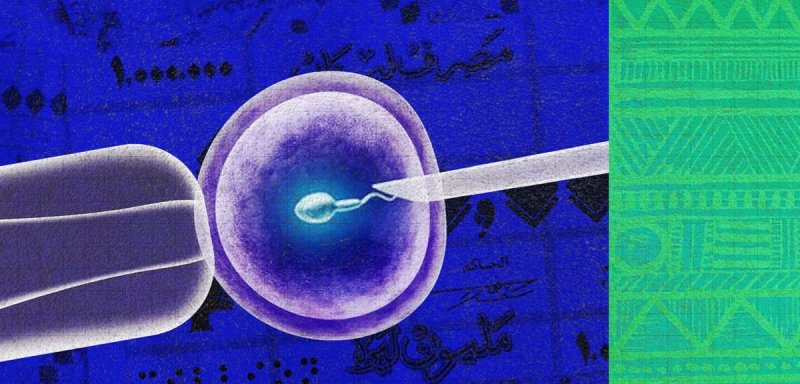
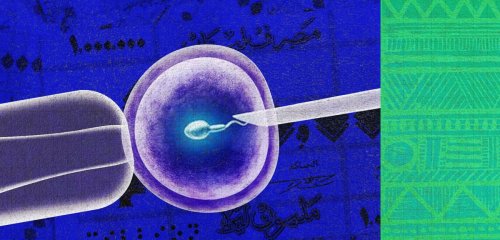
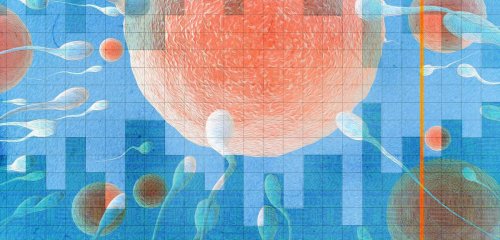
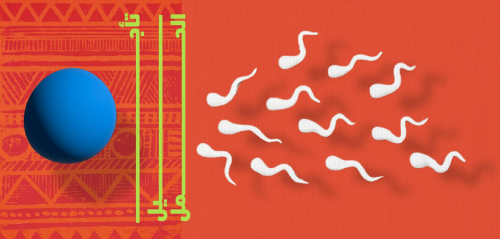






Join the Conversation
ذوالفقار عباس -
1 hour agoا
Hossam Sami -
2 hours agoصعود "أحزاب اليمين" نتيجة طبيعية جداً لرفض البعض; وعددهم ليس بالقليل أبداً. لفكرة الإندماج بل...
Anonymous user -
1 day agoرائع و عظيم ..
جيسيكا ملو فالنتاين -
5 days agoزاوية الموضوع لطيفة وتستحق التفكير إلا أنك حجبت عن المرأة أدوارا مهمة تلعبها في العائلة والمجتمع...
Bosaina Sharba -
1 week agoحلو الAudio
شكرا لالكن
رومان حداد -
1 week agoالتحليل عميق، رغم بساطته، شفاف كروح وممتلء كعقل، سأشاهد الفيلم ولكن ما أخشاه أن يكون التحليل أعمق...